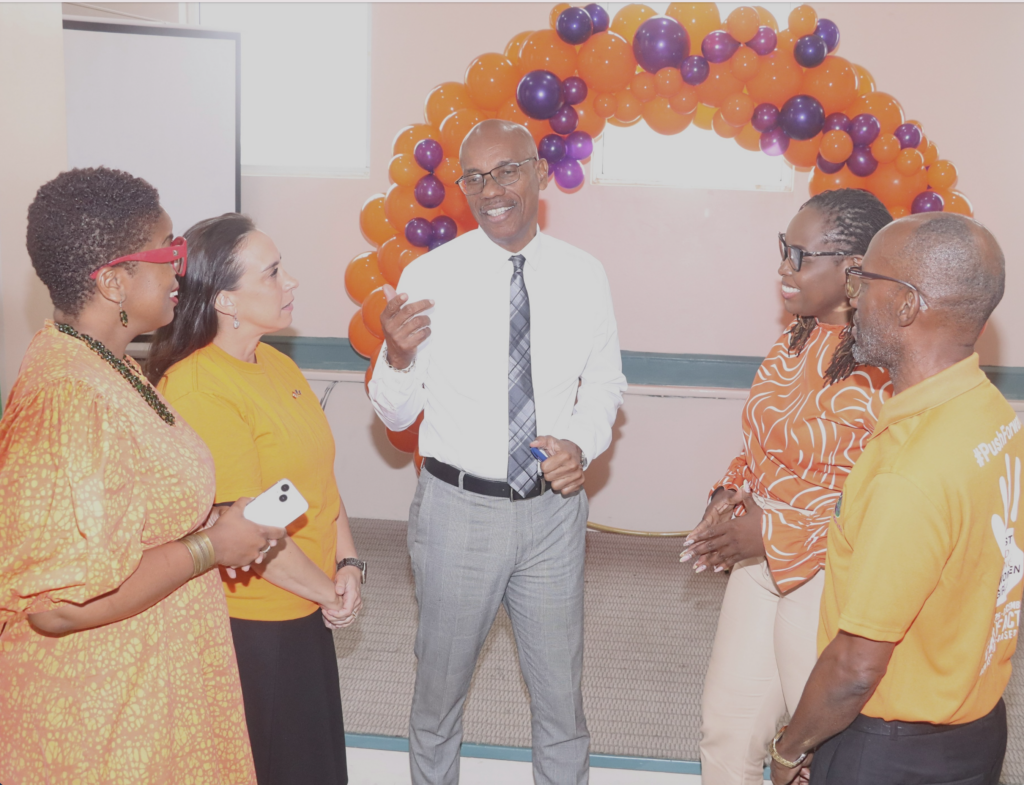Gender-Based Violence Crisis in the Caribbean: Experts Call for Stronger National Responses

November 26, 2024
Gender-based violence crisis in the Caribbean highlighted by experts, including high rape rates in Barbados. Calls for stronger national and regional responses to address human rights emergency.
Gender-based violence remains a deeply entrenched crisis in the Caribbean, experts said Monday, with Barbados among countries with rape rates higher than the global average, prompting calls for stronger national and regional responses to what has been described as a human rights emergency.
This stark reality was highlighted by Dr Tonya Haynes, a lecturer at the Nita Barrow Unit of the Institute for Gender and Development Studies at the University of the West Indies during the launch of the 16 Days of Activism Against Gender-based Violence campaign – a global initiative aimed at raising awareness about violence against women and girls.
Dr Haynes told attendees: “We live in a world where going to work or walking home from school have proven to be deadly activities for women and girls. Violence against women and girls is a violation of our human rights, of our right to be, of our right to a life free of violence.”
She cited data showing that three of the top 10 recorded rape rates in the world are found in the Caribbean, with countries such as Barbados, Dominica, Jamaica, and Trinidad and Tobago reporting rates higher than the global average. Additionally, a survey in nine Caribbean countries revealed that one out of two adolescent girls described their first sexual experience as forced or somewhat forced.
Dr Haynes also referred to a report from Commissioner of Police Richard Boyce in March, which noted a 21 per cent rise in domestic violence cases from the previous year. Boyce described this as a “worrying” trend, with assaults and woundings comprising 55 per cent of the reported incidents. Furthermore, over 500 reports of domestic violence in 2023 were seen as a significant underestimation of the problem, given that calls to crisis hotlines locally had surged by as much as 30 per cent.
“Intimate partner violence, sexual violence, child sexual abuse, and other forms of gender-based violence are daily occurrences in Barbados,” she emphasised. “Sixteen Days of Activism demands national and global observance.”
Dr Haynes added that in some Caribbean nations, one in two women experiences gender-based violence in their lifetime.
Jehu Wiltshire, permanent secretary in the Ministry of People Empowerment, pointed to the economic toll of gender-based violence. He noted prevalence studies conducted in Jamaica, Trinidad and Tobago, and Grenada, which revealed significant impacts on economic productivity.
“Figures cited by the World Bank estimate that 3.7 per cent of countries’ GDP is affected by gender-based violence,” Wiltshire explained. “I have no doubt that when the prevalence study is undertaken in Barbados, the facts may well prove that to be the case.” (SB)


